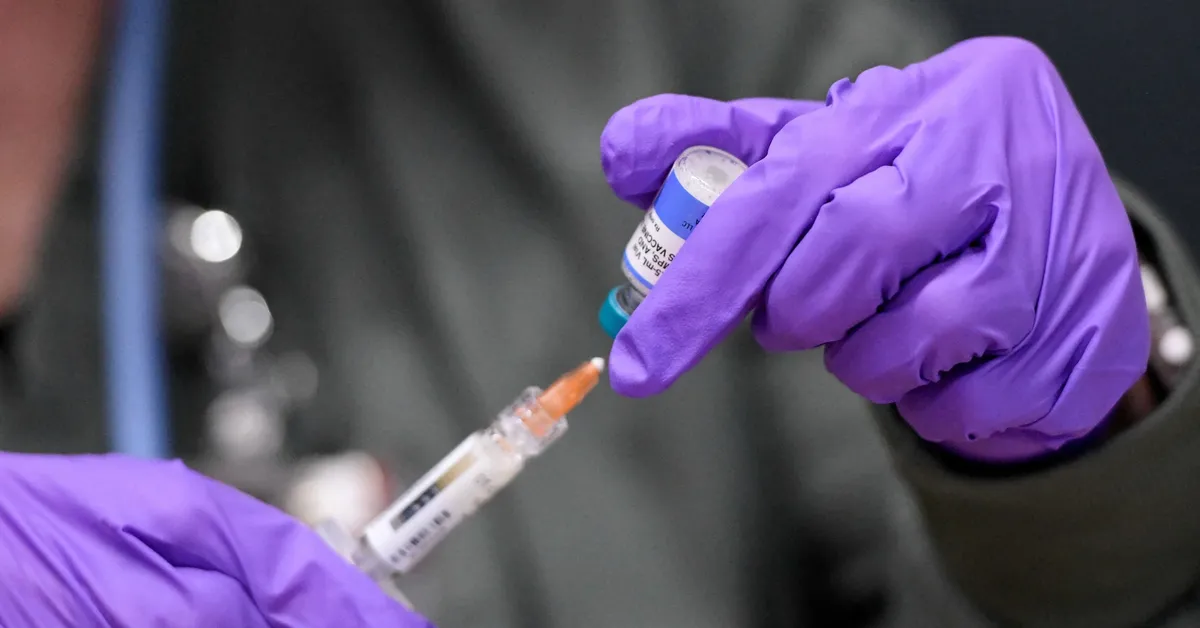
As of March 14, 2024, the number of measles cases in Texas and New Mexico has surged to a staggering total of 294, surpassing all reported cases in the United States for the year. This alarming outbreak, which originated in late January in West Texas, has raised significant public health concerns.
According to data from the health departments of both Texas and New Mexico, there has been a notable increase of 38 cases in just the last three days. Specifically, Texas has recorded 174 cases from Gaines County, which remains the epicenter of this outbreak, up from 156 cases reported on March 11. In total, 34 patients have been hospitalized in Texas due to complications from the disease.
Meanwhile, New Mexico has also witnessed a rise in cases, increasing from 33 to 35 by Friday. This includes two new cases in Eddy County, with the majority occurring in Lea County, which borders Gaines County in Texas. The situation has prompted Oklahoma's health department to report two probable cases linked to the outbreaks in Texas and New Mexico, as individuals exposed to the virus exhibit measles-like symptoms.
Virologist Daniel Nichols from Seton Hall University has expressed concern regarding the potential for this outbreak to spread further. He stated, "It's hard to tell at this stage whether the outbreak is spreading beyond the two states. But right now, with the cases still going up, it's still a major concern."
Tragically, this outbreak has already resulted in the death of an unvaccinated child in Texas, marking the first measles-related death in the U.S. since 2015. Additionally, there is an ongoing investigation into the death of an unvaccinated adult in New Mexico. These incidents underline the critical importance of vaccination, especially for vulnerable populations.
The outbreak poses a significant challenge to U.S. Health Secretary Robert F. Kennedy Jr., known for his skepticism toward vaccines. He has emphasized the role of parental choice in vaccination decisions. However, the CDC strongly advocates for the measles, mumps, and rubella (MMR) vaccine as the most effective means of preventing measles outbreaks.
Data from the Texas state health department indicates that 257 of the infected individuals were either unvaccinated or had no documented doses of the measles vaccine administered more than 14 days prior to the onset of symptoms. It's worth noting that one case from Lubbock County was removed from the count after it was determined that the individual was experiencing a vaccine reaction rather than a measles infection.
According to the CDC, common side effects of the MMR vaccine include a sore arm, fever, mild rash, and temporary joint pain or stiffness. These mild reactions are far outweighed by the benefits of vaccination in preventing serious diseases such as measles.
As the situation continues to evolve, public health officials urge community members to stay informed and consider vaccination as a critical tool in combating the spread of this highly contagious disease.
Reporting by Bhanvi Satija and Mariam Sunny in Bengaluru; Editing by Devika Syamnath and Alan Barona.